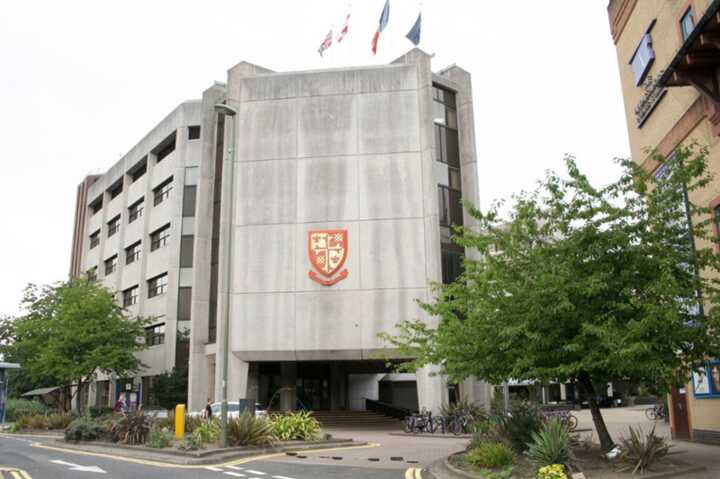
Local authority in Surrey declared itself effectively bankrupt in 2023 after series of risky investments
Two former senior figures at bankrupt Woking council are to be investigated by the UK’s accounting watchdog after it racked up more than £2bn in debt on a failed investment spree, reported by The Guardian.
The Surrey council declared itself effectively bankrupt in 2023 after ploughing vast sums of borrowed money into skyscrapers, a luxury hotel and other risky commercial investments, in what was one of the biggest financial failures in local government history.
Sources said an investigation into the individuals involved in the former Conservative-run council’s investment activities was being prepared by the Financial Reporting Council (FRC), the independent regulator that oversees the UK accountancy profession.
The watchdog is expected not to name the individuals, and will only refer to two former accountants. However, the Guardian understands the people are Woking’s former chief executive Ray Morgan and ex-finance director Leigh Clarke.
The FRC investigation into Woking’s financial troubles, which is expected to be announced within weeks, will form the latest attempt to uncover what went wrong at the tiny Surrey council after the government sent in a team of independent commissioners two years ago.
More English councils declared effective bankruptcy in the past three years than in the preceding three decades, amid a financial crisis triggered by austerity-driven cuts and local missteps, with Woking joined by Birmingham, Nottingham and smaller troubled authorities including Thurrock and Slough.
The FRC last year launched an investigation into a former accountant at Thurrock, after a government review found the Essex council had recklessly gambled hundreds of millions of pounds on risky commercial investments.
Last year a report by the accountancy firm Grant Thornton, commissioned by Woking’s new Liberal Democrat administration, named Morgan as the “driving force” behind Woking’s investments among a “close-knit group who were not exposed to challenge and new ideas”.
As the most senior official at the council between 2006 and 2021, when he retired Morgan compared Woking to Singapore as the authority borrowed money to build a town-centre complex of shops and residential towers, which later turned out to be worth hundreds of millions of pounds less than the council paid for it.
Morgan was also granted authority to control a £3m “opportunity acquisition fund” to spend on regeneration projects without recourse to the authority’s executive body or elected councillors, in an arrangement described as “very unusual” by the government’s commissioners.
Clarke, who was finance director between 2014 and 2023, was also named in Grant Thornton’s report alongside several other senior figures, including the council’s former Tory leaders. It found that she “did not ensure the effective financial management of the council”.
Morgan said he could not comment about the imminent investigation because he was under “strict confidentiality rules” with the FRC and the regulator had not told him what questions it would ask of him. “Until I know what it is with the FRC – if they are going to proceed – I am not really in a position to comment to you.”
He also said he took issue with the Grant Thornton report: “They did not take full account of the representations I and my colleagues made.”
Clarke did not respond to a request for comment. The FRC declined to comment.
Last month it emerged local leaders in Surrey had written to the government to request that ministers “write off” about £1bn in debt held by Woking, to help smooth a merger between the county’s 12 local authorities.
Local leaders believe the step is required to play Surrey’s role in Angela Rayner’s plans for the reorganisation of local government in England as part of the biggest devolution drive this century. The deputy prime minister announced on Wednesday that the county would be among nine areas where elections would be delayed to enable council mergers.
However, writing off Woking’s debt would result in taxpayers from across the country being asked to shoulder the burden of a failed investment spree in the affluent home counties after years of austerity for many councils in poorer English regions.
Read more similar news:
Comments:
comments powered by Disqus






























